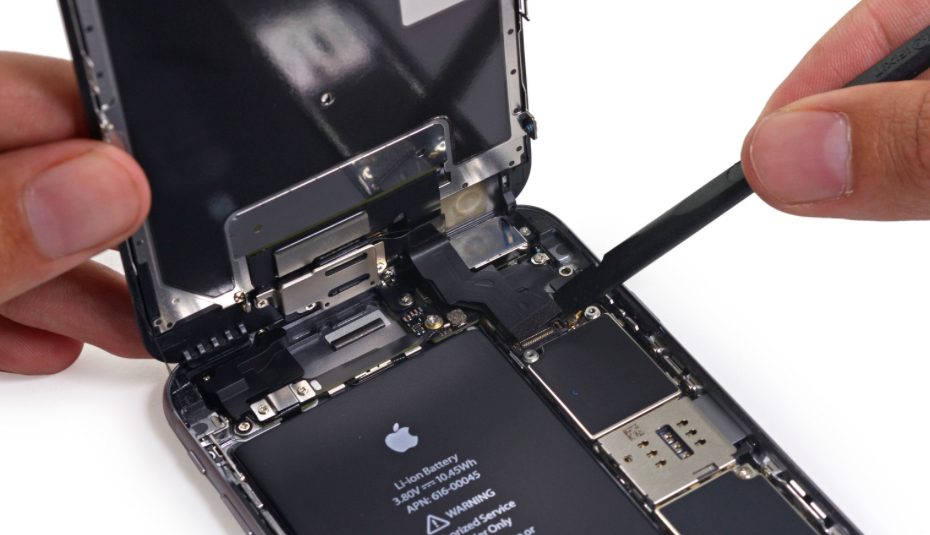Apple thought it fixed the battery problems some iPhone 6 and iPhone 6s users encountered last year by throttling their processors. By slowing them down, Apple made sure that iPhones with older batteries would not suddenly die.
That’s one temporary fix for a battery that’s getting older, and it’s understandable why Apple did it. The fact that Apple did it quietly, without actually informing users about it, is what’s so annoying about it. It’s misleading and offensive, and we shouldn’t be surprised to hear that two class action suits have already been filed against the company.
However, some people might be suing the iPhone maker for the wrong reason.
The first suit was filed in Los Angeles, CBS reports. The lawsuit alleges breach of implied contract “by purposefully slowing down older iPhone models when new models come out and by failing to properly disclose that at the time that the parties entered into an agreement.”
Curiously, the lawsuit lists the iPhone 7s among the devices affected. There’s no such device.
#BREAKING: LA man files class action suit against #Apple, claiming its practice of slowing down older phones amounts to "breach of contract" and "trespass to chattel." pic.twitter.com/rwgaEEjzXy
— Zak Hudak (@cbszak) December 21, 2017
A second suit was filed on Thursday, by five affected iPhone users from Illinois, Ohio, Indiana, and North Caroline, according to The Chicago Sun Time.
The plaintiffs say Apple’s iOS updates “were engineered to purposefully slow down or ‘throttle down’ the performance speeds” of various iPhone models, including iPhone 5, iPhone 6 and iPhone 7.
They say Apple’s actions are “deceptive, immoral, and unethical,” arguing that Apple is violating consumer protection laws. While that might be true, saying that Apple “needlessly subjects consumers to purchasing newer and more expensive iPhones when a replacement battery could have allowed consumers to continue to use their older iPhones,” is a false narrative.
It’s already proven that battery replacements fix the throttling issue. And Apple offers in-store battery replacements for $79, while some iPhone 6s units qualify for free replacements.
Also, if you’re going to sue Apple, don’t go at it with a conspiracy theory that’s been proven to be wrong for years.
Yes, Apple’s decision to quietly throttle iPhone performance is wrong, and the company could have done a much better job informing users about this fix. But you’re mistaken if you think Apple has done it to force you to buy a new iPhone, or that it prevented you in any way to replace your iPhone’s battery.
That said, Apple is solely responsible for these lawsuits, and it’s likely we’ll see more class actions against the company for this unexpected #Batterygate scandal.








